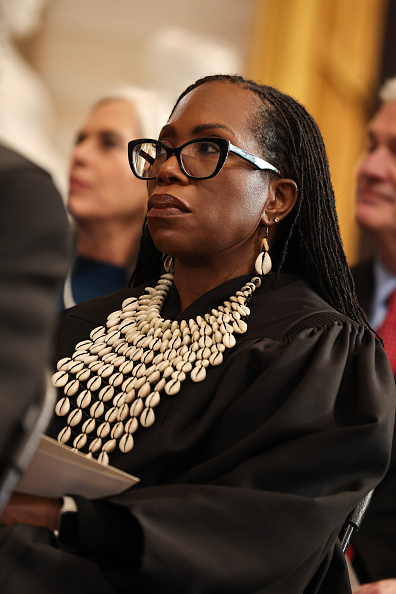Supreme Court strikes down exception to a ban on robocalls, citing First Amendment concerns

Images from Shutterstock.com.
The U.S. Supreme Court has struck down an exception to a federal ban on robocalls because it impermissibly favors one type of speech over others.
The Supreme Court struck down a carveout Monday that allowed robocalls to collect debt owed to or guaranteed by the federal government. The court allowed the rest of the law banning robocalls to stand.
Favoring debt-collection speech over political and other speech violates the First Amendment’s free speech guarantee, Justice Brett M. Kavanaugh wrote in a plurality opinion.
Kavanaugh and five other members of the court agreed with that view, although only three other members of the court joined that portion of Kavanaugh’s opinion. The two others concurred in the judgment.
Because the rest of the law is severable from the government exception, it continues to stand, Kavanaugh said. Kavanaugh and six other justices agreed on severability.
The plaintiffs wanted to make political robocalls. As a result of the court’s decision, “plaintiffs still may not make political robocalls to cellphones, but their speech is now treated equally with debt-collection speech,” Kavanaugh said.
The Telephone Consumer Protection Act of 1991 mostly banned robocalls and imposed penalties. Private parties can receive up to $1,500 per violation or three times their actual losses. States can also sue on behalf of their citizens. The law was passed after “a torrent of vociferous consumer complaints about intrusive robocalls,” Kavanaugh wrote.
Congress amended the law in 2015 to allow robocalls for government debt collection.
Kavanaugh’s opinion was joined in full by Chief Justice John G. Roberts Jr. and Justice Samuel A. Alito Jr. and partly joined by Justice Clarence Thomas. Justice Sonia Sotomayor concurred in the judgment.
Kavanaugh said the government debt carveout is subject to strict scrutiny, and it doesn’t hold up under such scrutiny. Sotomayor said she thought the exception was subject to intermediate scrutiny, but it fails under that less-exacting standard.
Justice Neil M. Gorsuch agreed on the First Amendment violation and the strict scrutiny standard but not with Kavanaugh’s reasoning or remedy.
In a portion of his opinion joined by Thomas, Gorsuch said the severability remedy does not help the plaintiffs in their bid to promote political causes. The plaintiffs had pointed to the government debt exception merely to show that the government did not have a compelling interest to restrict their political speech.
Gorsuch and Thomas would have granted an injunction affecting only the plaintiffs by allowing their political speech. Kavanaugh argued that, because of stare decisis, Gorsuch’s approach would in effect allow all robocalls to cellphones.
Justice Stephen G. Breyer, in an opinion joined by Justices Ruth Bader Ginsburg and Elena Kagan, would have upheld the government debt-collection exception. They agreed, however, that if it is unconstitutional, the rest of the law may stand.
Hat tip to SCOTUSblog, which had early coverage of the opinion. The case is Barr v. American Association of Political Consultants.
See also:
ABAJournal.com: “What will change when SCOTUS hears oral arguments by phone?”
Write a letter to the editor, share a story tip or update, or report an error.


